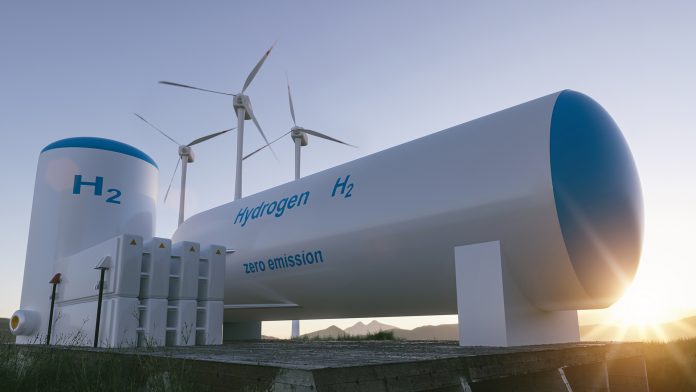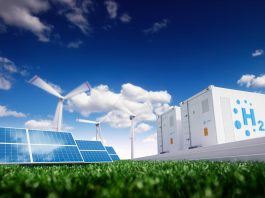Ursula von der Leyen, the President of the European Commission, has announced a groundbreaking development, revealing the creation of a European Hydrogen Bank.
The Hydrogen Bank will invest €3 billion to capitalise on the rapidly developing hydrogen economy, helping Europe to forge a future market for hydrogen in Europe, alleviating the continent’s reliability on fossil fuels and sustainably powering the journey toward carbon neutrality.
Ursula von der Leyen commented: “To achieve this, we must create a market maker for hydrogen in order to bridge the investment gap and connect future supply and demand. Therefore, I announce that we will create a new European Hydrogen Bank.
“It will help guarantee the purchase of hydrogen, notably by using resources from the Innovation Fund. It will be able to invest €3bn to help build the future market for hydrogen. This is how we power the hydrogen economy of the future.”
Europe’s hydrogen economy ambitions
Hydrogen is an essential component of the European Green Deal – the EU’s long-term plan to achieve climate neutrality across Europe by 2050. It also aims to reduce net greenhouse gas emissions by at least 55% by 2030, compared to 1990 levels.
Currently, hydrogen accounts for less than 2% of Europe’s energy consumption, with 96% of this hydrogen production being via natural gas, which causes substantial amounts of CO2 emissions. To make hydrogen a viable aspect of Europe’s energy system, the EU is championing methods to obtain renewable hydrogen through solar and wind resources to decarbonise the continent.
REPowerEU
Published in May this year, the REPowerEU plan set ambitions to reduce its dependency on Russian fuel imports. REPowerEU plan’s target is to produce 10 million tonnes and import 10 million tonnes of renewable hydrogen in the EU by 2030, a significant increase from the initial target of 5.6 million tonnes.
Ursula von der Leyen said: “We need to move our hydrogen economy from niche to scale. With REPowerEU, we have doubled our 2030 target to produce ten million tonnes of renewable hydrogen in the EU each year.”
To facilitate these goals, the EU is focusing on accelerating the uptake of renewable hydrogen, ammonia, and other derivatives in hard-to-decarbonise sectors, such as transport and energy-intensive industrial processes.
The development of the new Hydrogen bank will be a landmark step toward achieving these goals, ensuring the future of Europe’s hydrogen economy.









